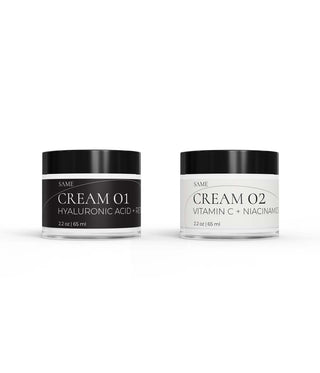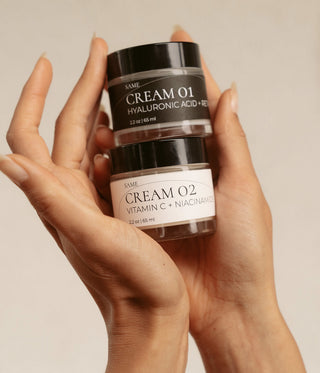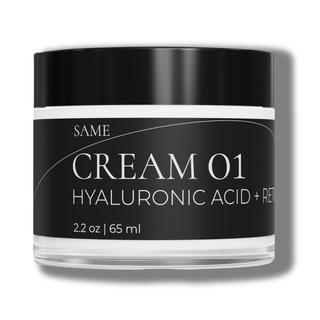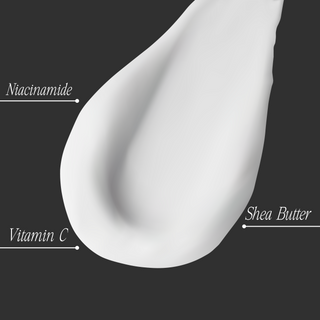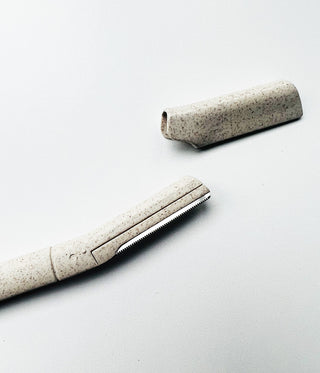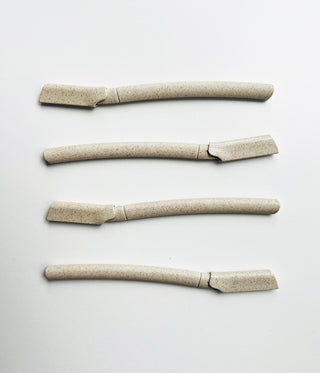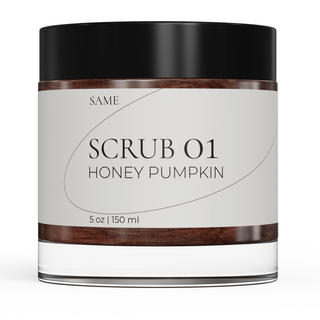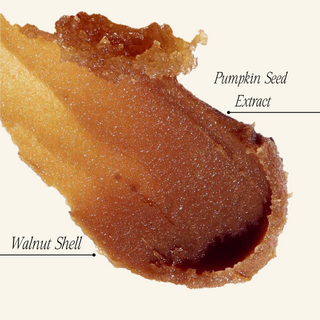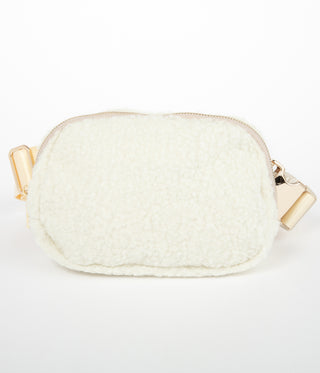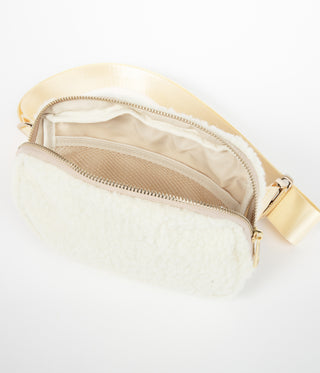What is Progesterone?
Progesterone is a hormone primarily produced in the ovaries following ovulation, but it's also made in smaller amounts by the adrenal glands and during pregnancy by the placenta. It's one of the key hormones in the menstrual cycle and is crucial for maintaining the early stages of pregnancy.
Why It’s Important for Your Skin and Happiness:
Skin Health: Progesterone supports skin elasticity and firmness, and can help in the healing process of the skin.
Mood Stabilizer: Progesterone has a calming effect and helps in stabilizing mood swings. It can also promote better sleep and reduce anxiety.
How and Where It’s Made:
Ovaries: The primary source of progesterone production, especially after ovulation and during the luteal phase of the menstrual cycle.
Adrenal Glands: Located on top of your kidneys, these glands produce small amounts of progesterone.
Placenta: During pregnancy, the placenta becomes the major source of progesterone production.
How does a Progesterone imbalance affect skin?
High Progesterone: Can lead to oily skin and acne due to increased sebum production.
Low Progesterone: Can result in dry, dull skin and can exacerbate symptoms of eczema and dermatitis.
Benefits of Progesterone for Your Skin:
Elasticity: Helps maintain skin firmness and elasticity.
Healing: Promotes the healing and repair of the skin, reducing the time for wound healing.
Moisture Retention: Supports the skin's ability to retain moisture, preventing dryness and flakiness.
Did You Know?
Progesterone levels fluctuate throughout the menstrual cycle, peaking during the luteal phase (post-ovulation). These fluctuations can lead to changes in your skin's appearance and texture. At Same, our goal is to help you maintain consistent, healthy and glowing skin all month long by using the right products with hormone-friendly ingredients that work in harmony with your cycle.
Hormone Health: How to Naturally Support Progesterone
Protecting your body's natural ability to regulate progesterone involves adopting a healthy lifestyle and being mindful of various environmental factors. Here are some tips to help maintain balanced progesterone levels:
Nutrition and Diet
Eat a Balanced Diet: Duh. Include a variety of fruits, vegetables, whole grains, and lean proteins. Foods rich in vitamin B6, such as bananas, potatoes, and spinach, can support progesterone production.
Zinc-Rich Foods: Foods like pumpkin seeds, chickpeas, and nuts are rich in zinc, which is essential for progesterone synthesis.
Healthy Fats: Incorporate healthy fats like omega-3 fatty acids found in fish, flaxseeds, and walnuts to support hormone production.
Limit Processed Foods: Reduce intake of processed foods and added sugars, which can disrupt hormonal balance.
Exercise and Physical Activity
Regular Exercise: Engage in regular physical activity, such as walking, jogging, or yoga, to help maintain a healthy weight and regulate hormone levels.
Strength Training: Incorporate strength training exercises to help build muscle and support overall hormonal health.
Lifestyle Choices
Stress Management: Practice stress-reducing techniques like meditation, deep breathing, or mindfulness to reduce cortisol levels, which can impact progesterone balance.
Adequate Sleep: Ensure you get 7-9 hours of quality sleep each night to support hormone regulation.
Environmental Factors
Reduce Exposure to Endocrine Disruptors: Avoid products containing chemicals like BPA, phthalates, and parabens, which can interfere with hormone regulation.
Natural Personal Care Products: Use skincare and personal care products free from toxic Endocrine Disrupting Chemicals (EDCs).
Medical and Supplement Guidance
Regular Check-ups: Have regular health check-ups and discuss any hormonal concerns with your healthcare provider.
Herbal Supplements: Consider supplements like Vitex (chasteberry) or evening primrose oil, which are known to support hormonal balance, but always consult with a healthcare provider before starting any new supplements.
Hydration and Detoxification
Stay Hydrated: Drink plenty of water to support overall bodily functions, including hormone regulation.
Liver Health: Support your liver, which plays a crucial role in hormone metabolism, by consuming detoxifying foods like garlic, lemon, and green tea.
By adopting these healthy habits, you can help protect your body's natural ability to regulate progesterone and maintain overall hormonal balance.






